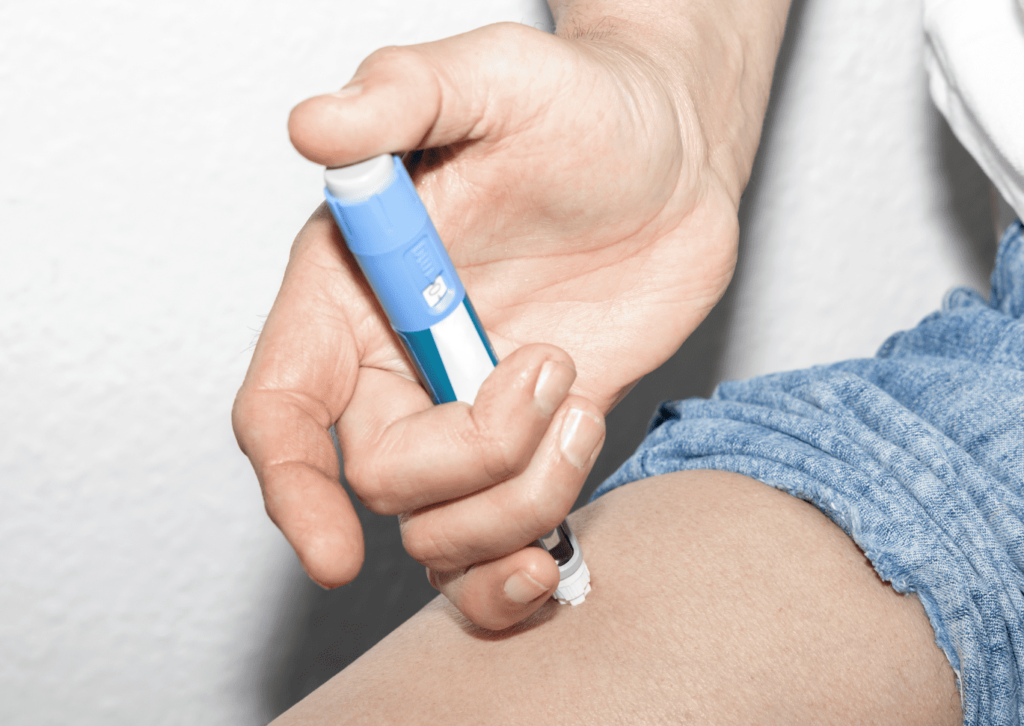The high cost of insulin has been a significant concern in the United States for years. Millions of people depend on this life-saving medication, yet its price continues to rise, putting a heavy financial burden on patients with diabetes. Recently, the Federal Trade Commission (FTC) took action, filing a lawsuit against prescription middlemen, accusing them of artificially inflating insulin prices. This move represents a critical step in addressing the complex pricing mechanisms in the pharmaceutical industry and could have far-reaching implications for patients, healthcare providers, and pharmaceutical companies alike.
At Atlantic Biologicals, we are closely monitoring the developments in this case and its potential impact on the broader healthcare landscape, including how it may influence the pricing and distribution of essential medications.
The Role of Pharmacy Benefit Managers (PBMs)
The FTC’s lawsuit targets pharmacy benefit managers (PBMs), the middlemen who act as intermediaries between manufacturers, insurance companies, and pharmacies. PBMs negotiate medication prices and manage formularies, which are lists of medications covered by insurance plans. While PBMs are supposed to help lower prescription costs for consumers by negotiating discounts, the FTC alleges that some PBMs have engaged in practices that instead drive up the price of insulin.
PBMs often secure rebates and discounts from manufacturers in exchange for placing their medications on preferred formularies. However, the FTC argues that these rebates and pricing strategies have, in some cases, led to higher list prices for insulin. Patients, especially those with high-deductible insurance plans or who are uninsured, often face the brunt of these inflated prices, making insulin unaffordable for many.
Why Is Insulin So Expensive?
Insulin is a medication that has been around for over a century, yet its price has skyrocketed in recent years. Between 2002 and 2013, the price of insulin nearly tripled, and since then, prices have continued to rise. The lawsuit suggests that PBMs may be partly responsible for these increases, as their rebate-driven pricing structure encourages manufacturers to raise list prices.
For years, insulin manufacturers have pointed to the complex supply chain and middlemen as factors behind the high cost of insulin. The FTC’s lawsuit aims to hold those in the supply chain accountable for any actions that may be driving up prices at the expense of patients.
The Impact on Patients
The impact of inflating insulin prices on patients cannot be overstated. Many people with diabetes require insulin to survive, and the financial strain caused by high prices has forced some patients to ration their insulin, skip doses, or forgo other essential needs to afford their medication. This is particularly troubling given the life-threatening nature of diabetes without proper treatment.
The FTC’s lawsuit brings renewed hope that insulin prices may eventually come down, making the medication more accessible to those who need it most. By targeting PBMs, the FTC seeks to address the structural issues in the pharmaceutical supply chain that have allowed insulin prices to soar unchecked for so long.
What This Means for the Pharmaceutical Industry
The outcome of the FTC’s lawsuit could have major implications for the pharmaceutical industry as a whole. If successful, it could lead to increased regulation and oversight of PBMs and other middlemen in the supply chain. Additionally, it may encourage more transparency in medication pricing and distribution, potentially benefiting both consumers and healthcare providers.
For pharmaceutical distributors like Atlantic Biologicals, these changes could open up new opportunities to provide more cost-effective solutions for customers. By offering direct access to essential medications like insulin without the need for PBMs, we can help ensure that patients receive the treatments they need at fair prices.



